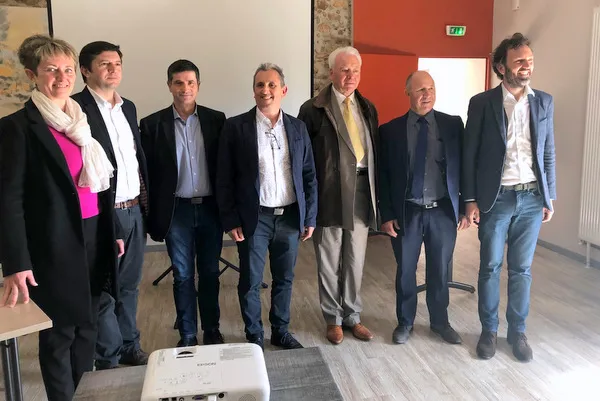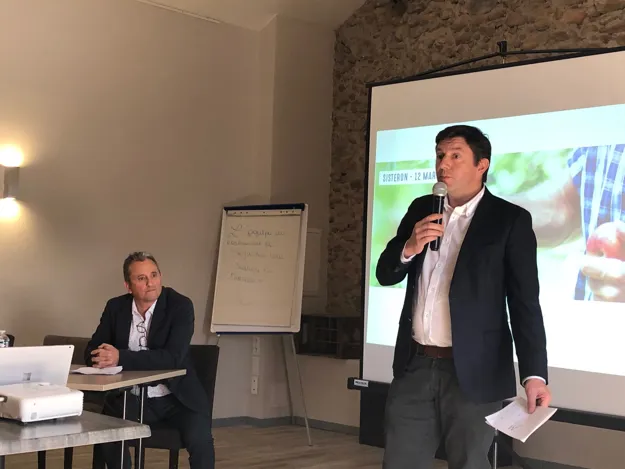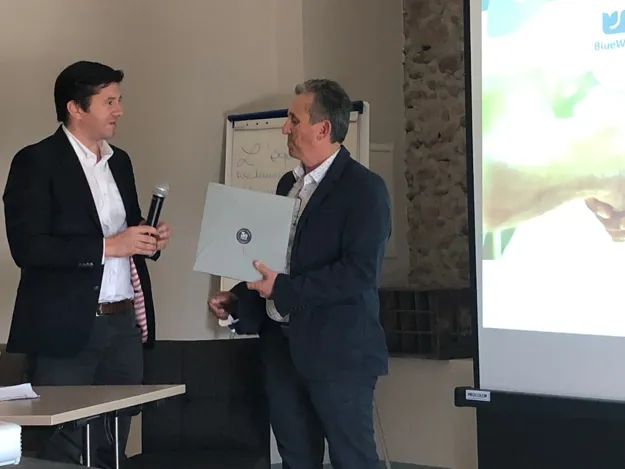The apple growers cooperative SuperAlp has joined Blue Whale. For Blue Whale, this merger is an opportunity to enrich its range of fruits from the Alps, extend its offer of pears and contribute to strengthening the local quality fruit sector. For SuperAlp, it is the opportunity to ensure markets and revenues to its producers while creating a new development dynamic.
This merger brings to 330 the number of arborists in the Blue Whale group. Producers decide for the producers with the ambition of maintaining efficient and dynamic farms, while defending the know-how and the land.

The group is present in the main producing regions of France: the southwest, Loire Valley, Center and Alps-Provence. 20 packaging stations are located near the orchards for a good network on the territory and to serve all our clients swiftly. It is also a way to defend and preserve lands that have a history of arboriculture and providing jobs.

100% of the orchards for both structures are eco-responsible and in the process of obtaining the High Environmental Value (HEV). All the producers practice reasoned agriculture based on observation and continuous control of the orchards in order to intervene only if necessary and to let nature do its work.
Additionally, they mainly use cultivation practices which respect the environment and the biodiversity, such as using animals or insects, allies of the orchards, to limit attacks from parasites. They install protection nets, use sexual confusion to prevent certain pests from developing and they prefer varieties that are naturally more resistant to diseases.

For more information:
Dina Abella
Blue Whale
dina@blue-whale.com
